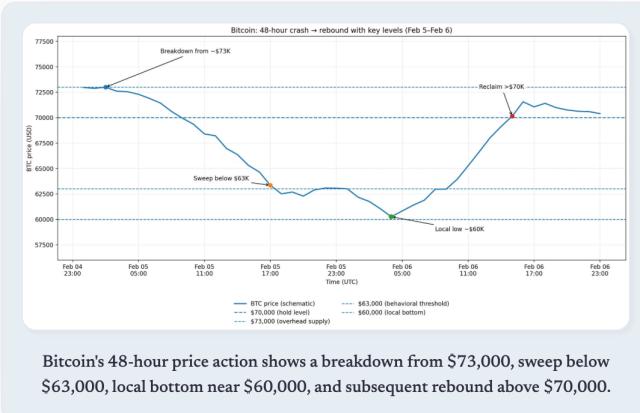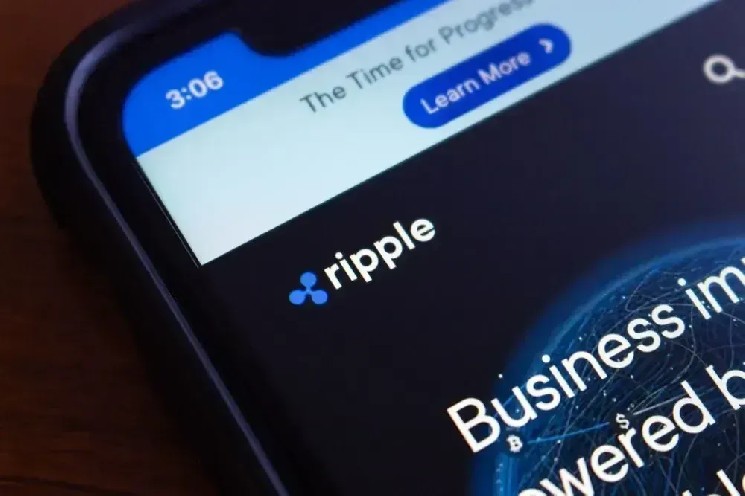Kaia, a public blockchain created through the merger of Kakao’s Klaytn, LINE’s Finschia networks, and LINE NEXT, the venture arm of LINE, announced on Monday at Korea Blockchain Week in Seoul that it will launch a stablecoin-powered super-app inside LINE Messenger, the chat platform touting nearly 200 million monthly users across Japan, Taiwan, and Thailand.
The initiative, called Project Unify, is scheduled to launch in beta later this year and will combine payments, remittances, stablecoin yield services, on- and off-ramps for converting between digital tokens and local currencies, and access to more than 100 decentralized applications.
Project Unify is slated to become a “universally compliant” stablecoin issuance and on-chain liquidity management solution, Dr. Sangmin Seo, chairman of the Kaia DLT Foundation, told Decrypt.
It addresses an “often overlooked” aspect of stablecoin infrastructure, Seo said, adding that by designing it as a “universal Stablecoin and Web3 Superapp,” the project hopes it could help “cover the needs of a diverse range of users.”
Payment systems across Asia remain fragmented, with national networks operating in isolation and cross-border transfers slowed by intermediaries, weighed down by high fees, and often delayed for days.
Still, South Korea is moving toward formal regulation of stablecoins, with a bill expected in October to provide rules for issuance, reserve (collateral) management, and internal controls for won-pegged stablecoins.
Stablecoin rails such as Project Unify are “simplifying and abstracting” decentralized finance to enable users to “transfer assets via a simple text message, stake assets for interest, and also participate in DeFi, such as lending and borrowing,” Seo said.
The platform is also being positioned as a hub for multiple regional currencies.
The companies said it will eventually support stablecoins pegged to the Japanese yen, Korean won, Thai baht, Indonesian rupiah, Philippine peso, Malaysian ringgit, Singapore dollar, and the U.S. dollar, consolidating what has so far been a scattered market into a single platform designed to handle issuance, payments, and yield opportunities across Asia.
Earlier in August, South Korean internet giant Kakao, a member of Kaia’s governance council, filed four KRW-related trademarks, including KRWGlobal, KRWGL, KRWKaia, and KaKRW as part of a plan for a Korean won stablecoin on the Kaia blockchain.
But the rollout had been slowed by regulatory uncertainty, with lawmakers still debating rules on licensing, reserve requirements, whether interest can be paid on stablecoin deposits, and what exactly the role of banks should be.








